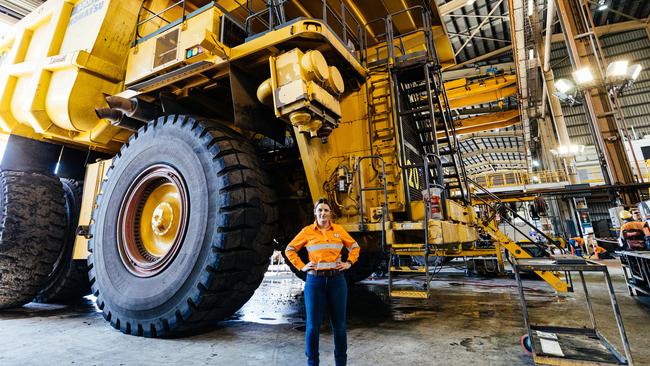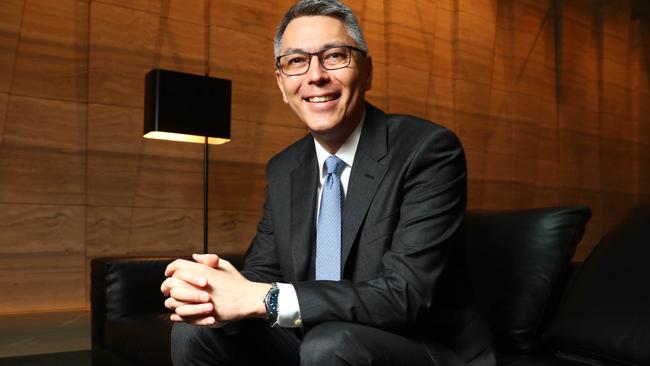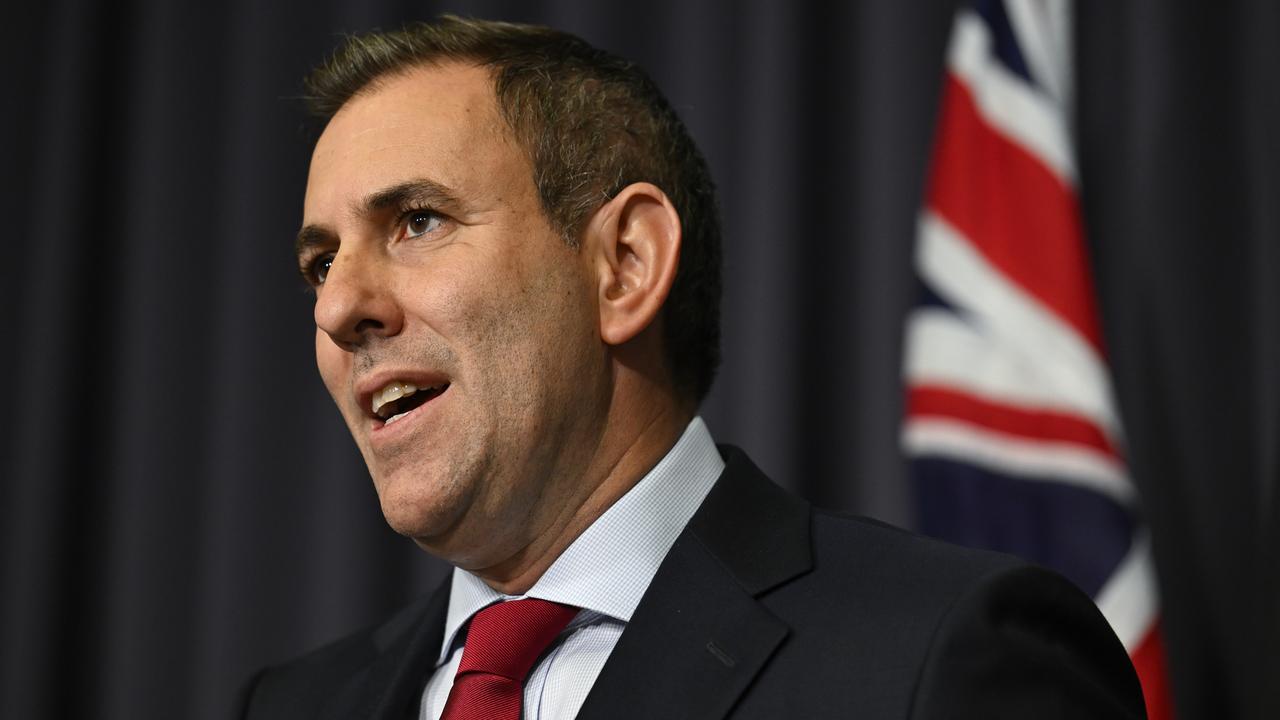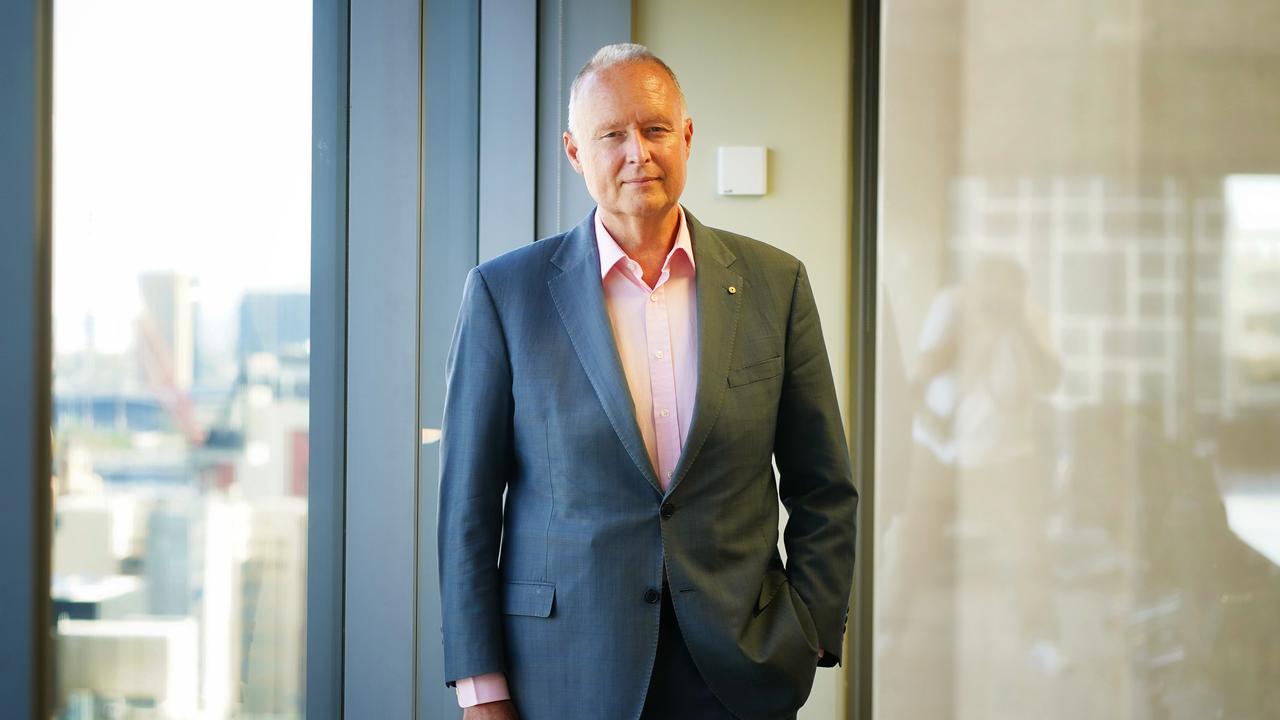
Rio has failed in many respects, starting with its apparent lack of control, oversight and awareness to let 46,000 years of history be blown up, its abject failure to respond meaningfully to the tragedy, the lack of accountability and its attempted whitewash, which has rightly angered its shareholders.
Having backed JS Jacques last month when releasing the internal board report, it would take an internal revolution to unseat him now, but the drums are beating.
As noted previously, Rio’s accountability failure has set back the entire industry in its dealing with the Indigenous community and its social licence to operate.
BHP’s Henry is rightly sticking to his script. He laid down his credentials in a presentation on Thursday, saying BHP was committed to a 30 per cent cut in carbon emissions over the next decade on the way to be net zero in operations by 2050.
This takes it further from the model laid down by his predecessor Andrew Mackenzie, setting an aggressive timetable for emissions reduction while also highlighting the value drivers for BHP.
“Social value is a precondition to shareholder value,” Henry said.
The way Henry looks at it, the BHP portfolio is also well suited.
Under a low-emissions environment, the world will need to use 3.7 times as much nickel, 2.3 times as much potash, twice as much copper and 1.8 times as much iron ore.

The BHP targets compare with the self-proclaimed industry leader, Fortescue, which said earlier this year it would cut emissions by 26 per cent in the next decade and be zero net neutral by 2040.
BHP is linking executive pay to its progress on emissions reductions, with 10 per cent of bonuses linked to carbon performance.
BHP’s Escondida and Spence copper mines in Chile will move to 100 per cent renewable energy by the mid-2020s, and last week it awarded new renewable energy contracts for its eastern Australia coal operations, and the world’s first LNG-fuelled Newcastlemax bulk carrier tender.
BHP is committed to 30 per cent emissions reduction in so-called scope-one and two emissions, which are actions it can control. On scope-three emissions, which are in its customers’ control, Henry said BHP was working with customers to support the introduction of technology capable of cutting emissions by 30 per cent. It will achieve its short-term reductions through a range of actions such as converting its truck fleet to electricity-powered vehicles and more efficient diesel power.
It wasn’t part of the presentation, but while Rio protesters such as AustralianSuper have some 250,000 Indigenous members, the big miners like BHP are big Indigenous employers, which can’t be said of AustralianSuper or Hesta.
Myer’s online dilemma
Myer boss John King has a potential problem or benefit from the fact COVID-19 has taught his customer base how to shop online, which may have them back for more or elsewhere on the web.
Online sales increased by 61 per cent to $422.5m, or 17 per cent of total sales, which were down 15.8 per cent at $2.5bn.
The channel is crucial in the near term because, the way King sees the world, the city is dead for the foreseeable future — which means his roughly 58 shops in regional centres and the suburbs become the flagships.
Plenty are rushing to write off CBDs in the wake of COVID, particularly Melbourne as it fights through another lockdown.
CBD workers are not around in part because they worry about getting onto public transport and they and their bosses have found they can be productive at home.
Tourists are staying home and international student numbers are way down, which means those stores lucky enough to be open are not seeing the usual foot traffic.
The question is how long this lasts. That depends on who you talk to, but the answer is probably somewhere down the middle because more people will return to CBD work and those offices that rely on collaboration will lead the way.
The universities need international students back more than King, so he has some support on this score. And tourism will return at some point, so we are talking about a matter of time rather than calling for the end of the city as we know it.
Ask yourself how many of the world’s best ideas were developed in the suburbs and you tell King not to get too concerned. That said, the online shift is on and his middle-aged customer base is by now getting adept at ordering online, which could see them increase their loyalty or run wild.
Execution is the key for online sales, with specialist Power Retail saying its surveys show 50 per cent of customers leave if they can’t find what they are looking for quickly, 31 per cent come to a site based on product recommendations, and they have to enjoy the experience.
If online sales were up, the bad news is second-half sales fell 31 per cent from year-ago levels to $911m, after first-half sales fell 3.8 per cent from the previous corresponding period to $1.6bn.
The trend is not King’s friend, which is why the stock fell 17.6 per cent to 21c, putting its market value at $173m, which compares with the 2009 float price of $4.10 a share and market value of $2.4bn. Solly Lew has 10.8 per cent of the stock, in case King has forgotten.
JobKeeper tallies
The federal government’s $70bn JobKeeper program is a brilliant concept but its execution has left a lot to be desired, starting with lack of transparency and evidence of corporate rorts.
Thankfully, ASIC has required companies to list receipts so the market has some idea about who is getting what, which will also help in working out what companies are really earning.
Myer, which reported a $172m loss on Thursday, received $93m in JobKeeper subsidies, of which $41m went to casual staff.
Ownership Matters figures show 27 per cent of the top 300 companies received some form of government subsidy and the widespread nature of the payouts underlines the risk to the economy going forward as payments are wound back.
Aggregate handouts to the top 300 totalled $1.8bn, of which JobKeeper was $934m, with another $556m via other foreign government subsidies.
In contrast to Australia, New Zealand lists which companies got which subsidies.
The largest recipients were Qantas with $267m, Crown with $111m, G8 Education with $86m and Star Entertainment with $65m. Qantas received another $258m additional government subsidies and education provider G8 a further $89m in childcare-related subsidies from the Australian government.
Forty per cent of companies receiving the handouts disclosed aggregate executive bonuses of $24m for the full year.








BHP chief Mike Henry chose a perfect time to lay down his ESG credentials just when shareholders are demanding action from Rio chair Simon Thompson over the Juukan Gorge disaster.